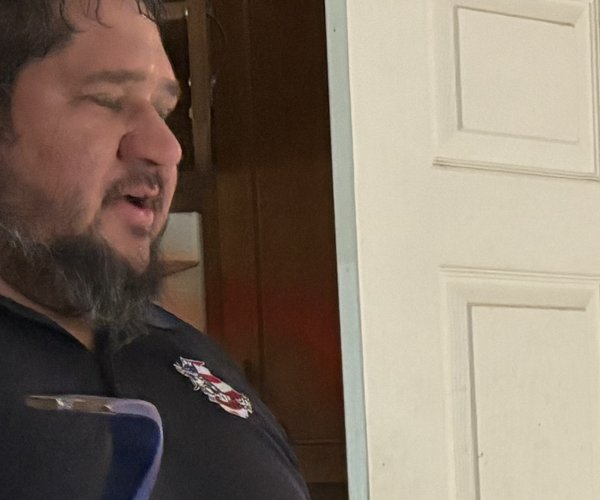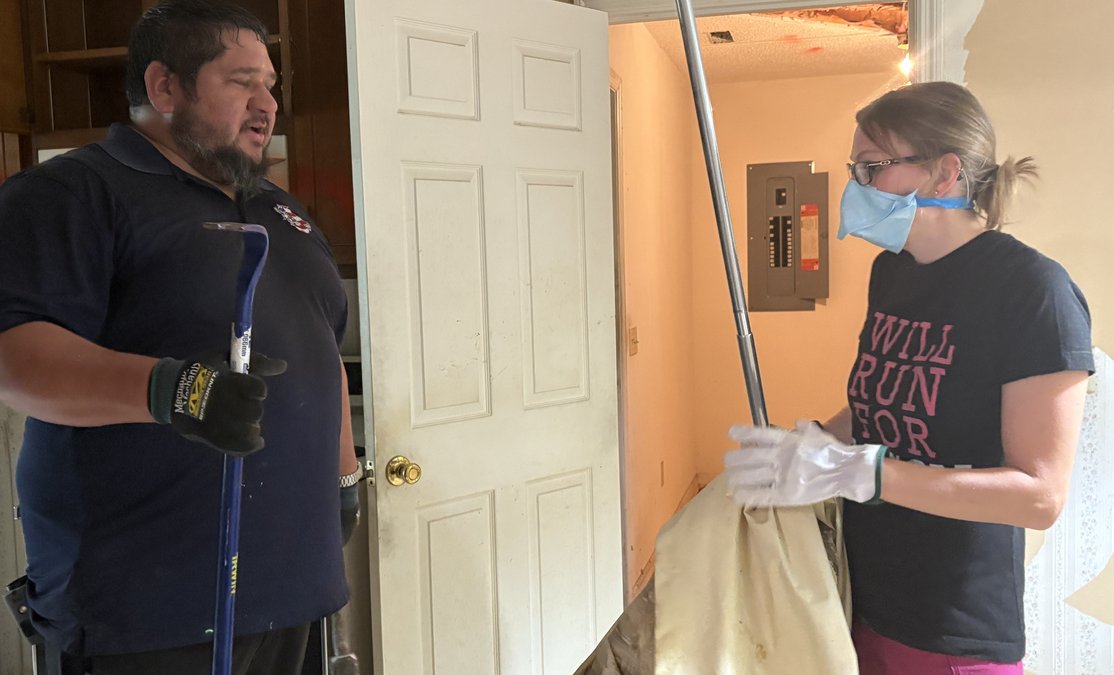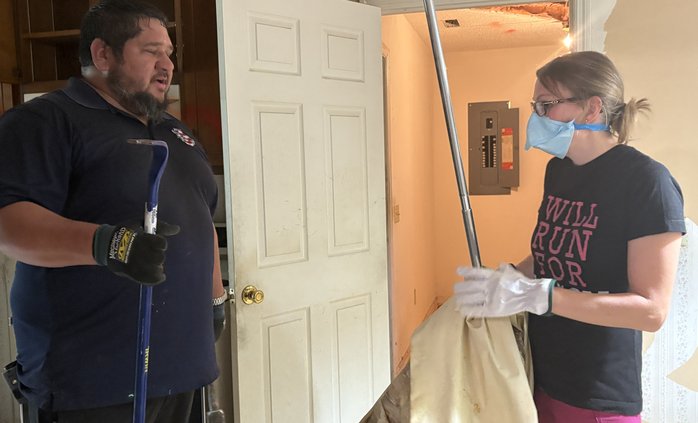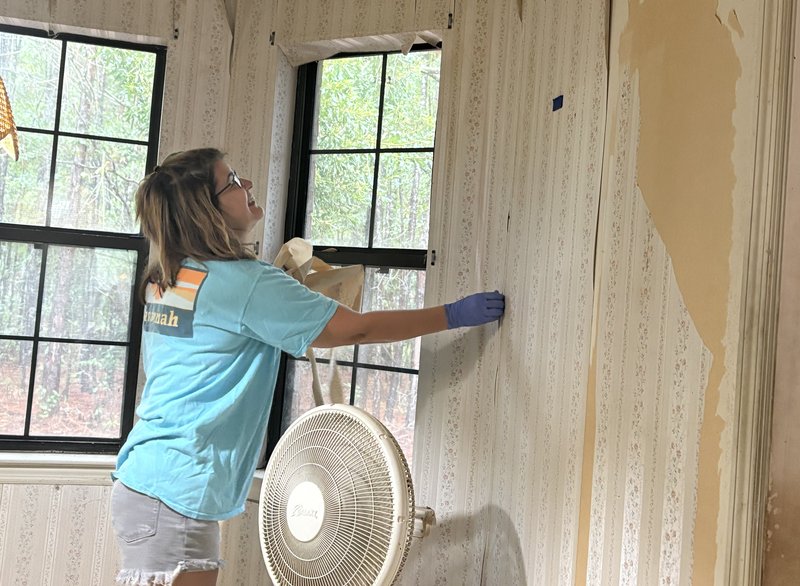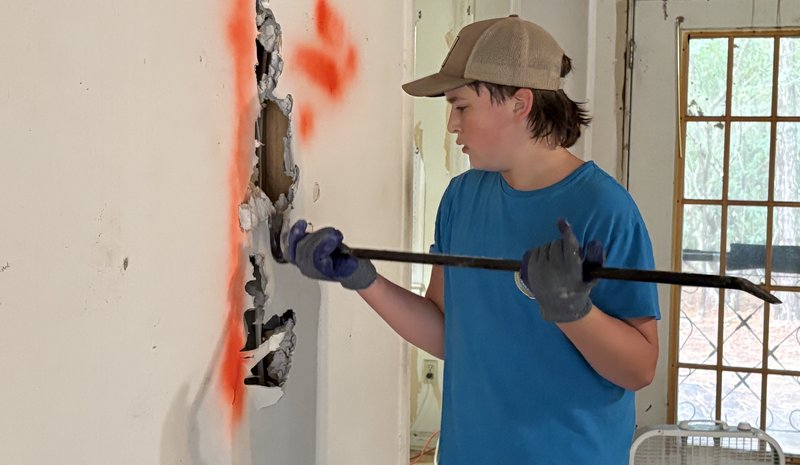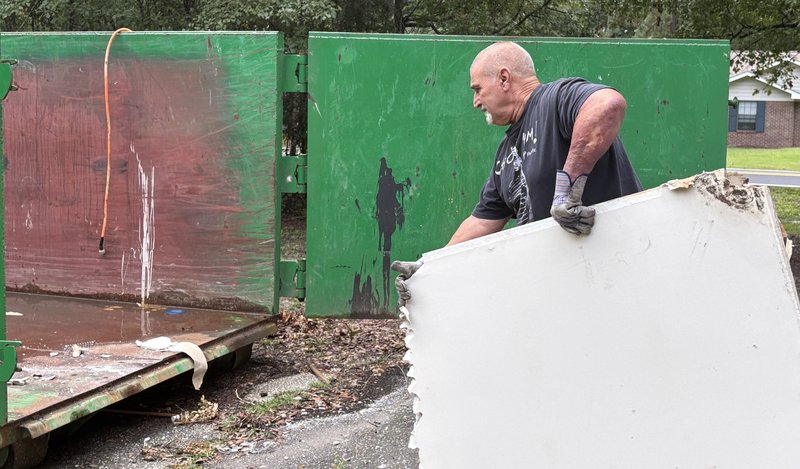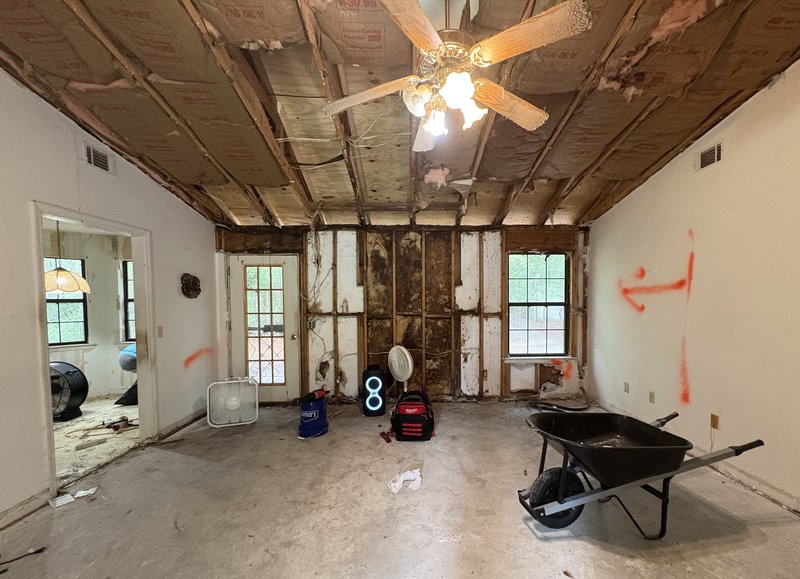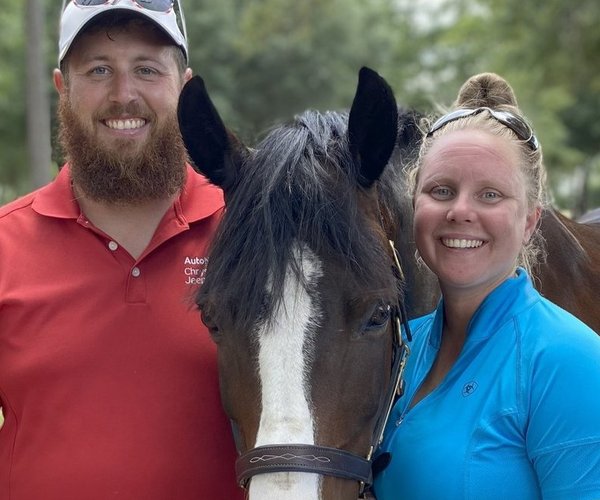Special to the Herald
ATLANTA – Georgia Hospital Association (GHA) President and CEO Caylee Noggle broached an important healthcare issue with scalpel-like precision during her Feb. 4 presentation at the Ritz-Carlton.
Noggle was allotted 20 minutes to address the Effingham County Day at the Capitol audience. Effingham Day at the Capitol, presented by the Effingham County Chamber of Commerce, affords local business and government leaders the chance to converse with state policy makers.
“… what we really want to talk a little bit about today is what ‘certificate of need’ is and why that is a topic under the Gold Dome this year and almost every year, and how it can impact your community,” Noggle said.
There is an effort in the state Senate to reform or repeal the decades-old certificate-of-need law. Certificates of need require someone who wants to build a new healthcare facility or offer new services to prove an expansion is needed. The permits are meant to prevent overspending that would increase healthcare costs.
“It is a process by which the state actually has need methodologies for determining where healthcare infrastructure and facilities should be located and built around the state,” Noggle said. “There are some old formulas that exist out there that govern where facilities can be built, how big they can be, how many beds they can be, when hospitals can spend money to replace equipment and on what type of equipment. If Effingham Hospital wanted to get a new MRI machine, there is a process for it to go through with state regulators in order to get those approvals.”
Georgia is one of 34 states that has a certificate-of-need law. Supporters say it is vital to protecting rural hospitals while opponents say it thwarts competition.
The GHA, which is not averse to a few updates, is a proponent of the law. Founded in 1929, the organization serves 145 hospitals in Georgia. Its purpose is to promote the health and welfare of the public through the development of better hospital care for everyone in the state.
“What (the certificate of need) does do, which is really important, is ensure access (to healthcare) across the state,” Noggle said. “There are lots of different specialties that hospital services can provide like NICU (Neonatal Intensive-Care Unit), labor and delivery – things like that where we need to ensure the adequate staffing exists at those so there is some regard given to how close those things should be together, where communities should put those facilities and how they are supported.”
Noggle said “access” means something different in every community.
“For us, it not only means availability – where you can get that service and what types of services are available to you – but also affordability. There are a number of things that go into that conversation,” she said.
Noggle said “payer mix,” the percentage of patients with government health plans – Medicate and Medicaid versus commercial or “private” insurance -- has to be taken into account by legislators when determining the law’s fate.” Commercial insurance pays more for healthcare services than government plans do.
As an acute-care hospital, Effingham Health System is federally mandated to treat patients regardless of their ability to pay.
“There are instances where other facilities – urgent care centers and things like that that provide a valuable resource – do not have to provide those services to anyone who walks in their door. They follow a different set of rules and regulations,” Noggle said. “So when we talk about making sure that (certificate of need) protects comprehensive services, it is ensuring that folks in the same community have access to ‘all’ services, not just a physician’s office or imaging center that chooses to offer ‘some’ services.”
Noggle said the certificate-of-need law allows citizens to weigh in on planned medical facilities or changes in service availability in their area.
“The current certificate-of-need process would protect that service delivery area by offering public input, an application process and some standard of need or an actual methodology – a calculation of is there a need in that area of another facility,” she said. “In health care services, a lot of times more is better. Sometimes, though, if you put up a hospital right across the street from an existing hospital, things get a little wonky.”
Free to accept patients who can’t pay, new facilities could pose a financial threat to acute-care hospitals.
“What they end up doing is enticing folks to come over that do have insurance, who can pay,” Noggle said. “We see them leaving the hospital and going over to other facilities, free-standing imaging centers, that don’t have the same requirements. If all the patients who have insurance and have the ability to pay no longer seek services at Effingham Health System or similarly situated hospitals, it reduces their operating revenue and their proportion of individuals who are self-pay or uninsured goes up.
“That is not a sustainable business model. You can’t offer free care to everyone without patients who are also paying. It’s a very fine balance and right now there are some protections within the current certificate-of-need law that help that.”


